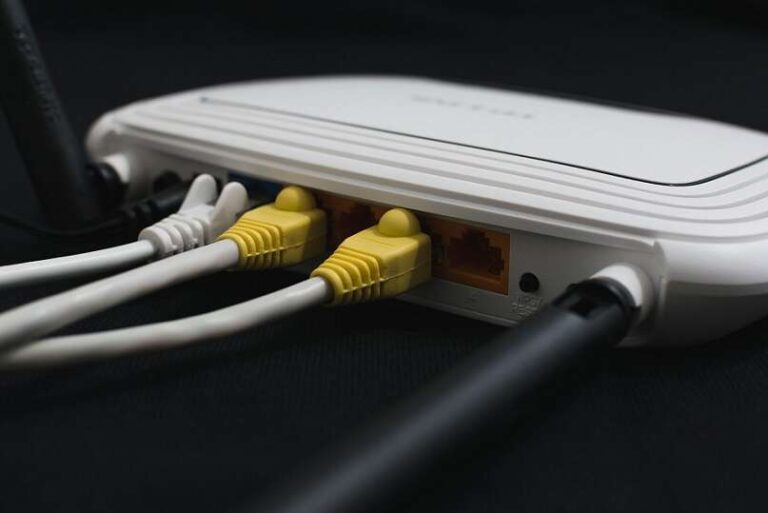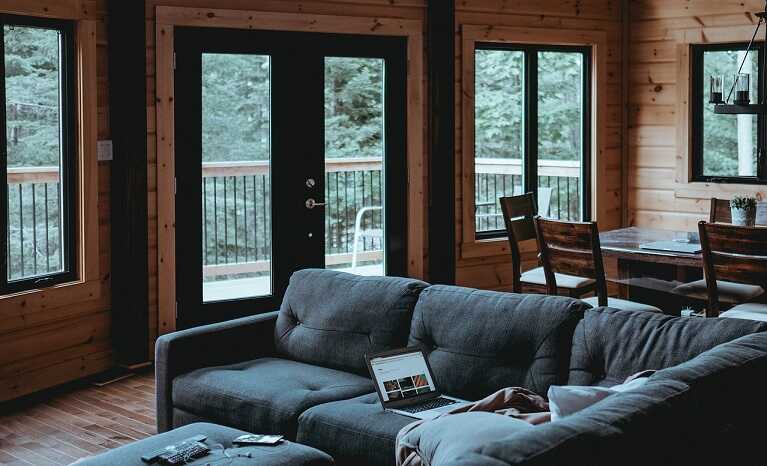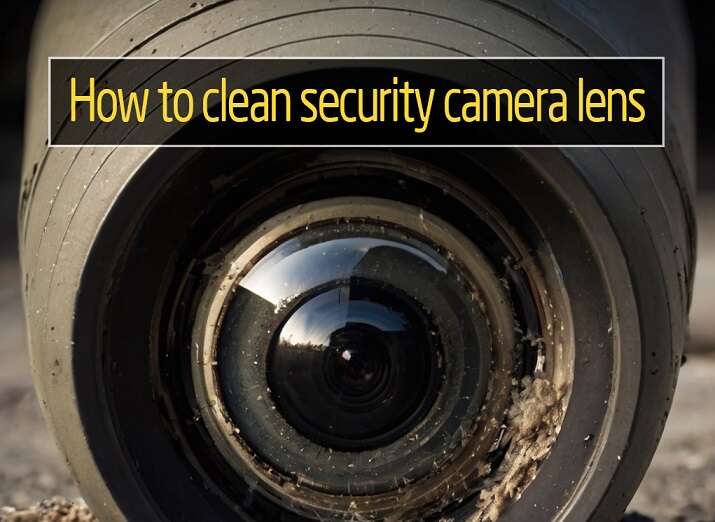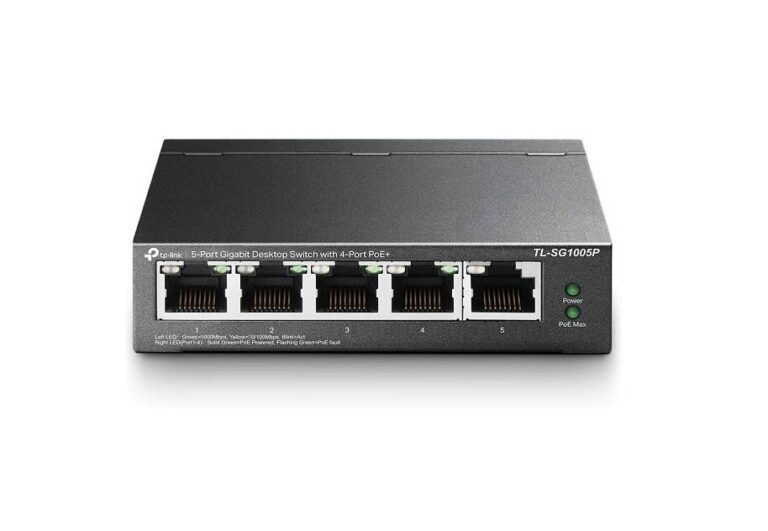Alarm vs. Security System: Which One is Right for Your Home?
Feeling unsure about home security systems? You’re not alone. Many people use the terms “alarm system” and “security system” interchangeably, but there are key differences that can impact your wallet and, more importantly, your home’s safety. Let’s explore these differences to help you decide which system is the right fit for you.
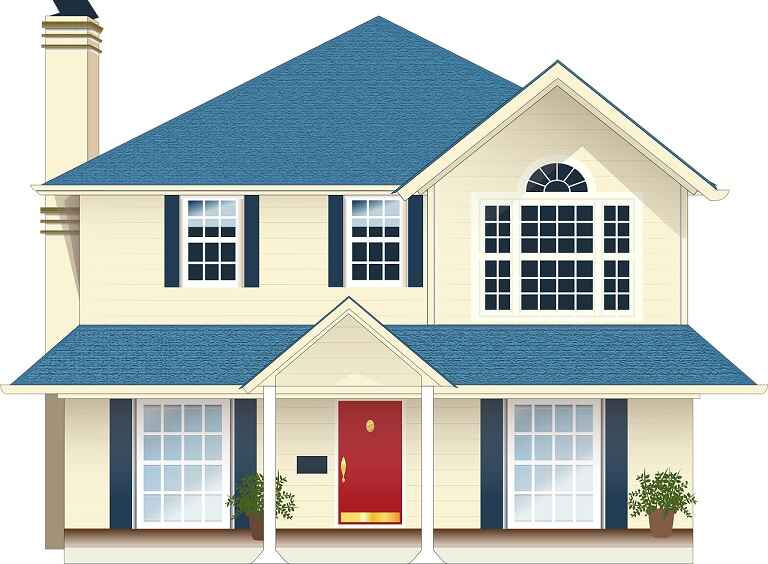
Understanding the Options
Alarm systems are essentially tripwires. They focus on deterrence through loud sirens triggered by sensors on doors, windows, or even motion detectors inside your home. If someone breaches these barriers, the ear-splitting alarm hopefully scares them off. However, alarm systems typically don’t offer much beyond the siren itself.
Security systems, on the other hand, are more comprehensive. They can include all the features of an alarm system, but also add layers of protection and response. Security cameras provide visual evidence of a break-in, while fire and flood sensors can alert you to other emergencies. Most importantly, security systems can be professionally monitored. This means a security company is notified in the event of a triggered sensor and can dispatch emergency services if needed.

Making the Right Choice
Choosing between an alarm system and a security system depends on your priorities and budget. Here are some key factors to consider:
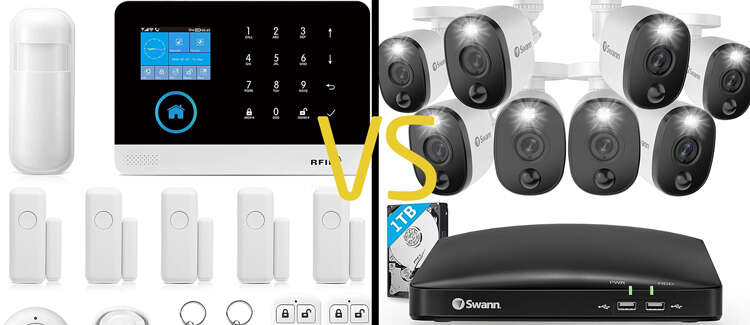
Beyond the Basics
There’s more to consider than just basic features. Here are some additional factors to keep in mind:
The Bottom Line
There’s no one-size-fits-all answer when it comes to home security. Both alarm and security systems can be valuable tools. By understanding the different features and how they align with your needs and budget, you can make the best choice to keep your home and loved ones safe.
FAQ
Is an alarm system better than a security system?
There’s no simple answer. Alarm systems are a good deterrent, but security systems offer more comprehensive protection with features like monitoring and cameras. Consider your budget and security needs.
Do I need professional monitoring?
Professional monitoring provides peace of mind as someone will respond to emergencies even when you’re away. However, it comes with a monthly cost. If you’re on a tight budget, a self-monitored system with features like remote access might be an option.
Can I install a security system myself?
Some alarm systems are DIY-friendly, but security systems with complex features often require professional installation. Ensure proper functionality for optimal protection.
How can I minimize false alarms?
Look for systems with pet sensors or entry/exit delays to avoid triggering the alarm accidentally. Properly installing and maintaining your system is also crucial.
Certain content that appears on this site comes from Amazon. As an Amazon Associate, we earn from qualifying purchases. Read the full Disclaimer Here!


